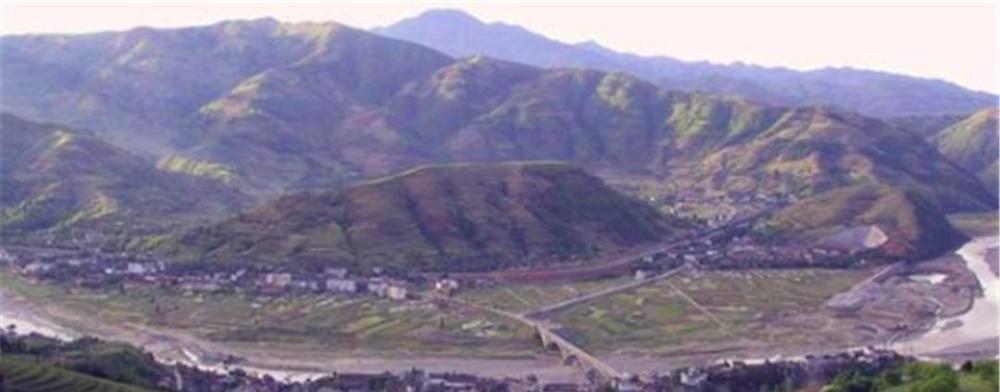
The flat lands of Hanzhong and Nanzheng do not have defensive functions. Once the enemy has entered the flat area, if the defender defends the city, he loses the supply of food and water - because the other side will surround you with water and will not even have the opportunity to escape. The mountainous passes of Hanzhong are the key to defending Hanzhong - no matter how large the other side is, because the mountainous terrain cannot be deployed, the superiority of troops cannot be exerted under the mountain terrain. Every pass captured requires a great deal of soldiers and time. As a result, morale quickly declined, food and grass were quickly exhausted, and the army could only be withdrawn.
The Southern Zheng region in Hanzhong was successively occupied by the State of Qin and the State of Shu. In the first year of the Eastern Han Dynasty, after the county was relocated, Southern Zheng was the center of Hanzhong - Hanzhong was named after the Han River, and there was an administrative structure at the beginning of the Qin Dynasty. According to the "Chronicle of Qin Benji", "In the thirteenth year (312 BC) of the Reign of King Huiwen of Qin, he attacked Chu and took Hanzhong, took 600 miles of land, and set up Hanzhong County" During the Eastern Han Dynasty, Hanzhong County moved to Southern Zheng. In this way, how can the offensive and defensive battles for Hanzhong be in Nanzheng, hit Nanzheng, and have entered the center of Hanzhong, is there still a sense in attacking and defending?
Yangping Pass is mainly the key between Bashu and Hanzhong. When Liu Bei captured Hanzhong, he crossed the mountains and mountains, bypassed Yangping Pass, and unexpectedly killed Xiahou Yuan, who came to the rescue. Zhong Hui captured Hanzhong, and after dividing his troops to besiege Seoul and Lecheng, he directly attacked Yangping Pass, forcing Jiang Wei, who originally wanted to come to the rescue, to retreat to the Sword Pavilion. Unlike Yangpyeong Pass, Seoul and Lecheng had to hold on to the dangerous passes of Xiegu Island and Luogu Road, but defending the second city was not enough to eliminate the superior forces of the other side. Zhong Hui directly ignored these two passes and directly attacked Yangping Pass with superior troops.
In the last year of the Ling Emperor of the Eastern Han Dynasty, Yizhou Mu Liu Huan, with Zhang Lu as sima and ordered him to lead an army to attack Hanzhong, Zhang Lu led the army north along the Jiange Trail, out of the ancient Bai prison pass to advance into Yangping Pass, south of the river, occupy Dingjun Mountain, and then conquer Hanzhong.